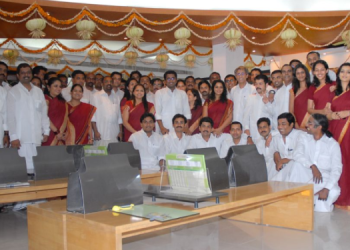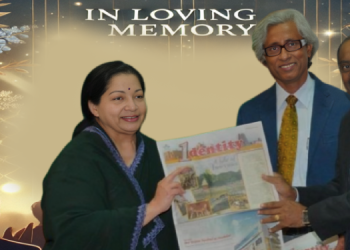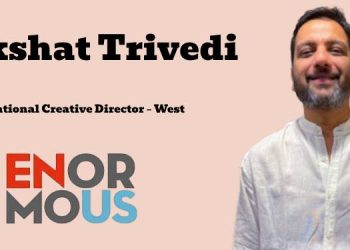Mumbai: For this fifth anniversary of the BrandZ™ India report, the criteria has been revised and has expanded the ranking to become the BrandZ™ India Top 75. The expanded ranking keeps pace with the changes in India and charts India’s rapidly changing brand landscape and provide insights necessary for building valuable brands.
With the new criteria, the BrandZÔ India ranking added 30 new brands, with over a third coming from the service sector. Other categories added to the BrandZÔ India ranking this year are durables and home appliances, tobacco, and entertainment (TV stations). With the addition of new categories, seven Newcomers appear in the Top 15 and the awards will be given out on September 6th in Mumbai.
As India changes, the people with some money to spend and a desire for a better life are not limited to wealthy enclaves in a few major cities, making brand marketing more complicated. Especially in FMCG and personal care categories, success requires understanding the product nuances and linguistic distinctions both across thousands of villages and among the micro markets in India’s major cities.

These challenges are coupled with opportunities. First, having more higher income people, even in rural areas, increases the number of Indian consumers, making it economically feasible for marketers to create niche brands. Second, digital technology and the advent of mobile devices democratizes access to information, enabling marketers to target their messages. Opportunities are everywhere because people throughout India are striving.
Vishikh Talwar, MD Kantar Millward Brown- South Asia says, “The BrandZ™ five-year analysis shows to ensure faster brand value growth, a brand needs to cultivate the drivers of equity: Meaningfulness, Difference, and Salience.For a consumer group like the millennials who grew amid the era of India’s technological awakening and transformation, brands must adopt their values to connect and thereby build trust with this generation. This tectonic shift in Indian society molded these young adults as conscious and highly informed consumers. They expect and demand transparency and prefer to do business with brands that have expertise in their offerings and authenticity in their claims”.

















